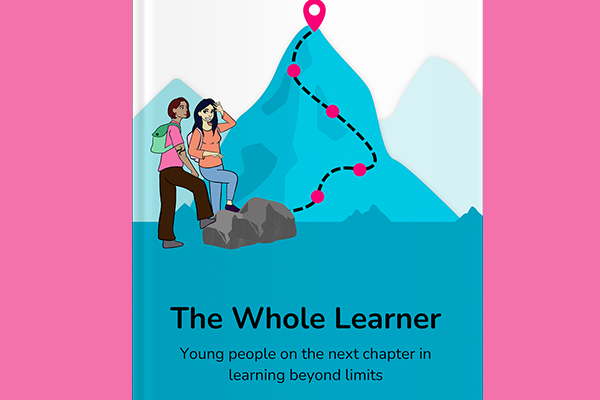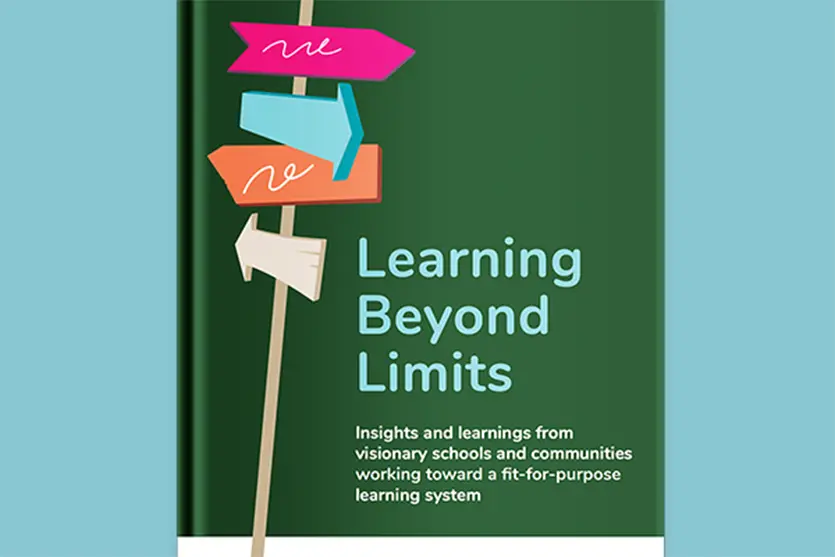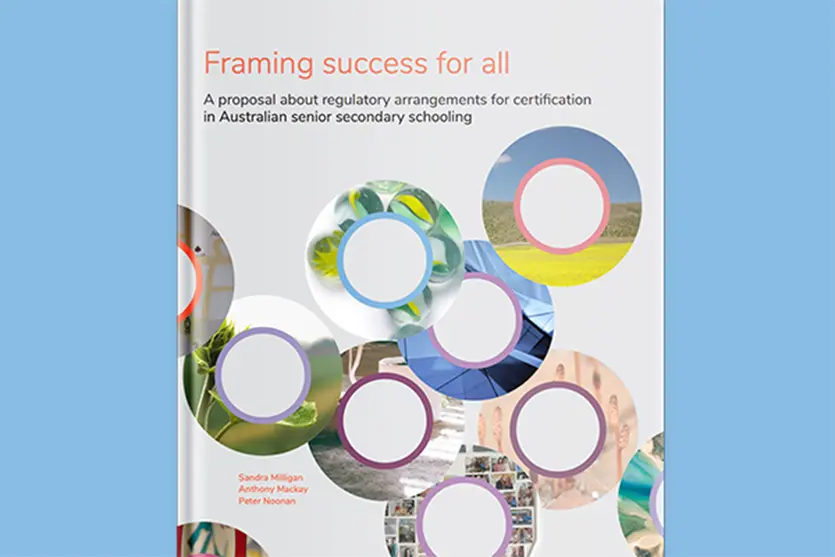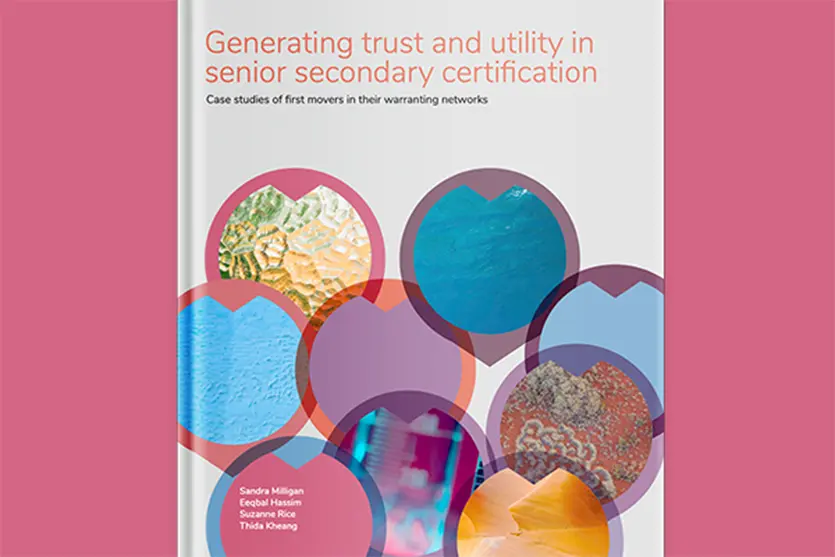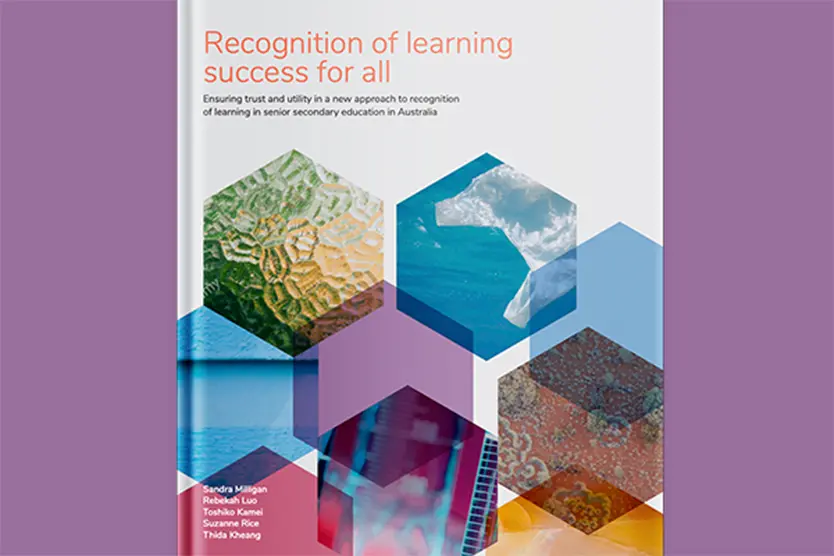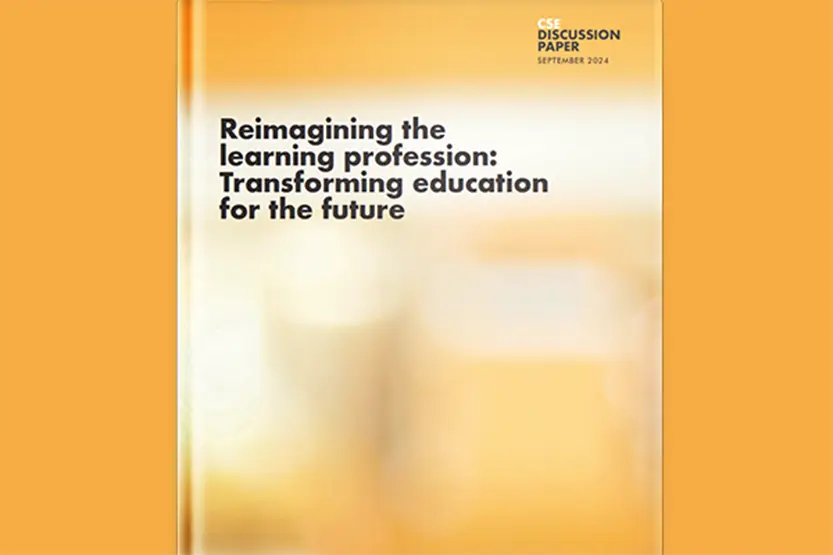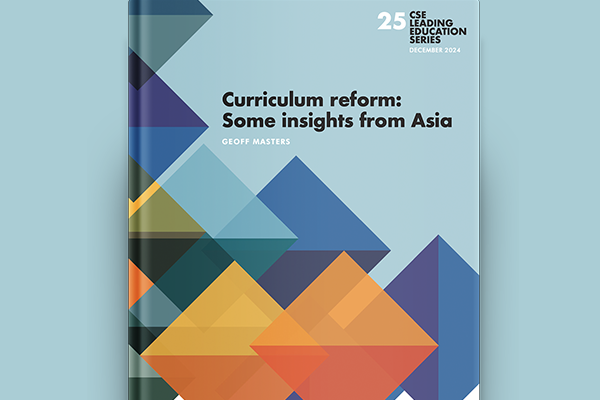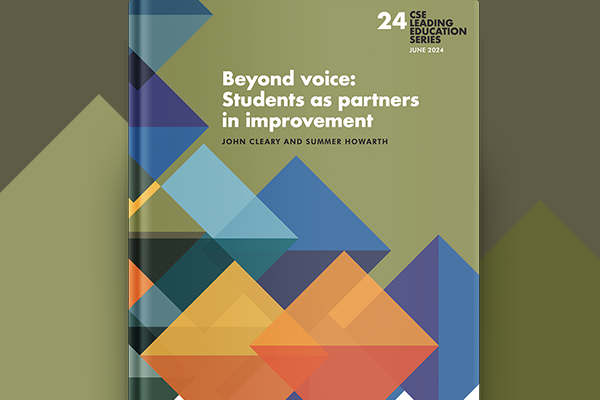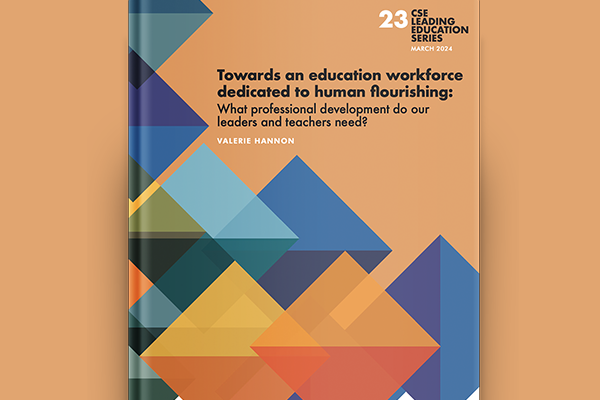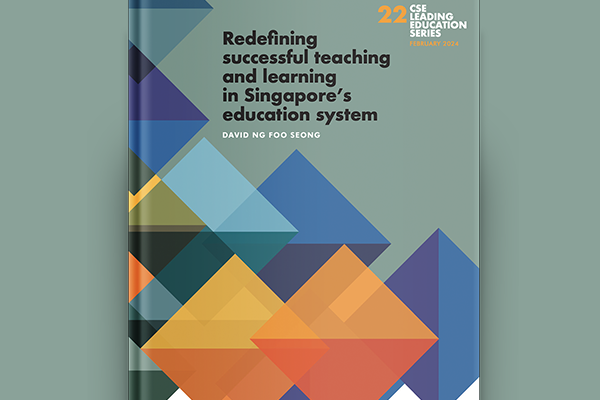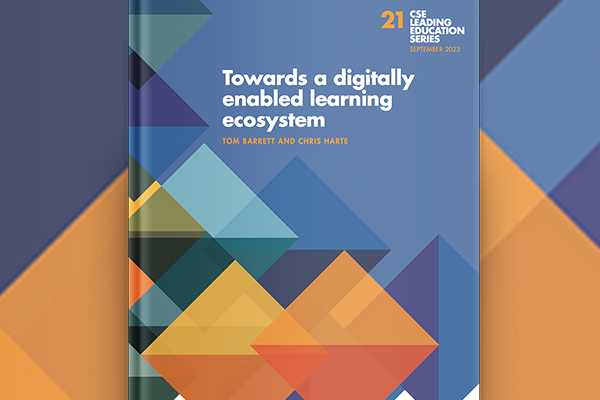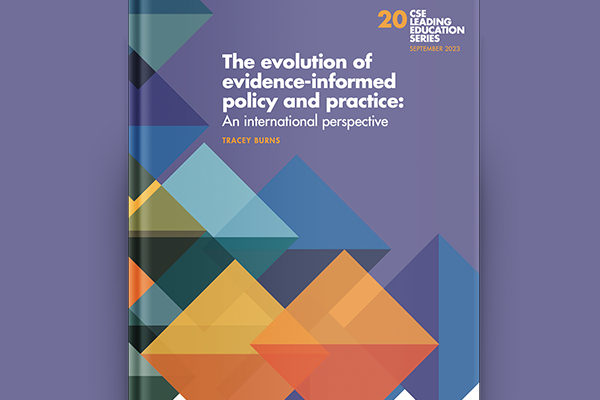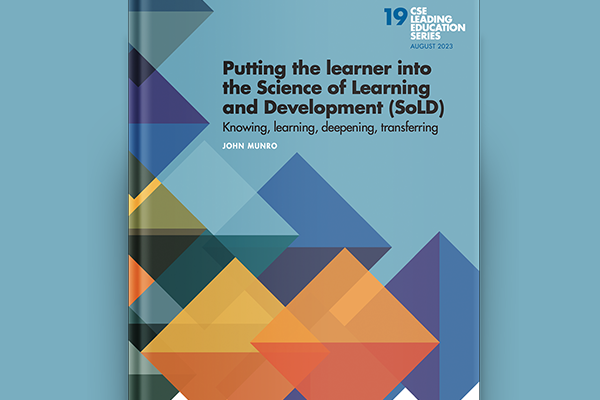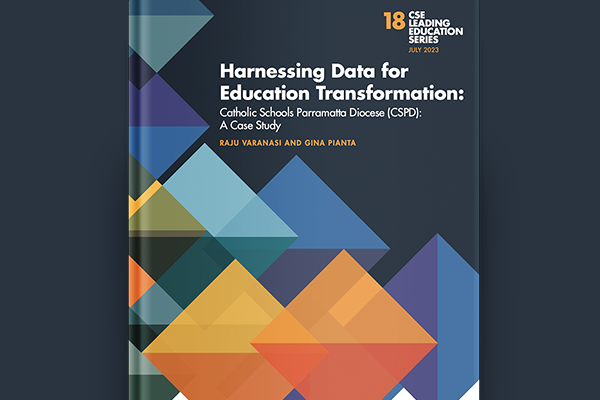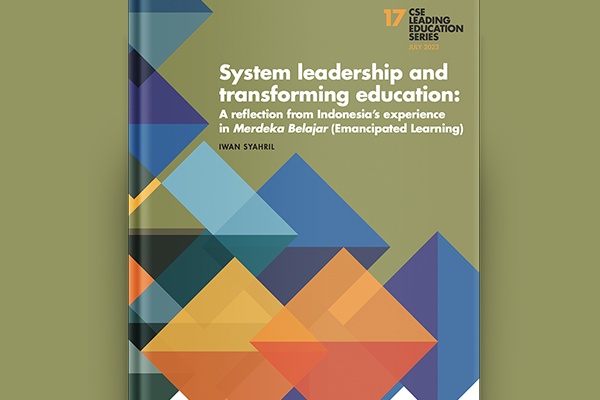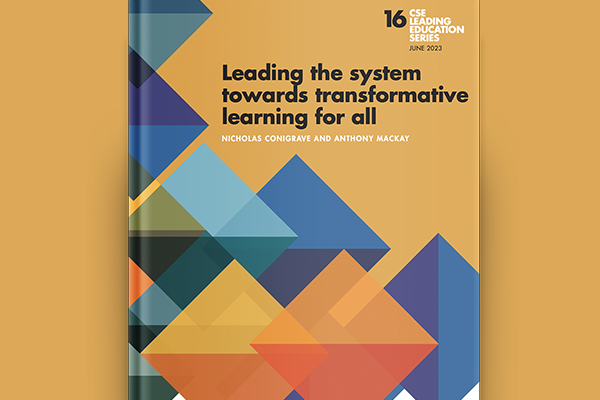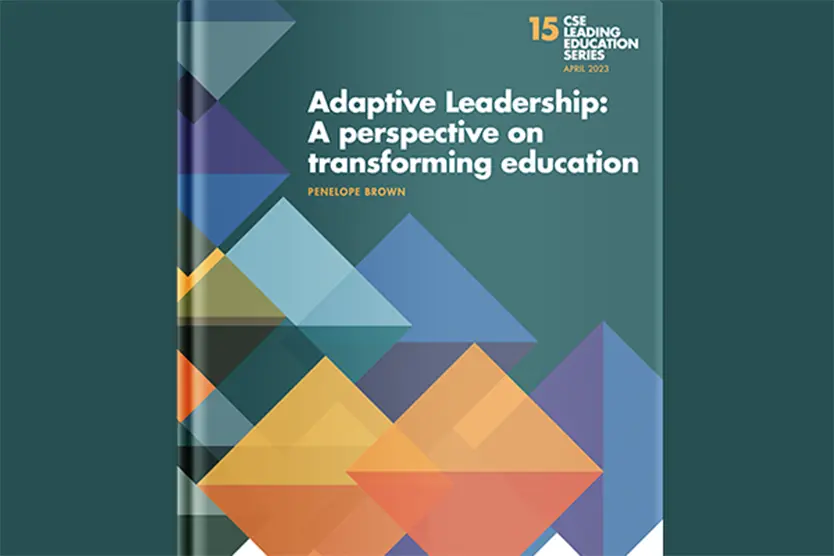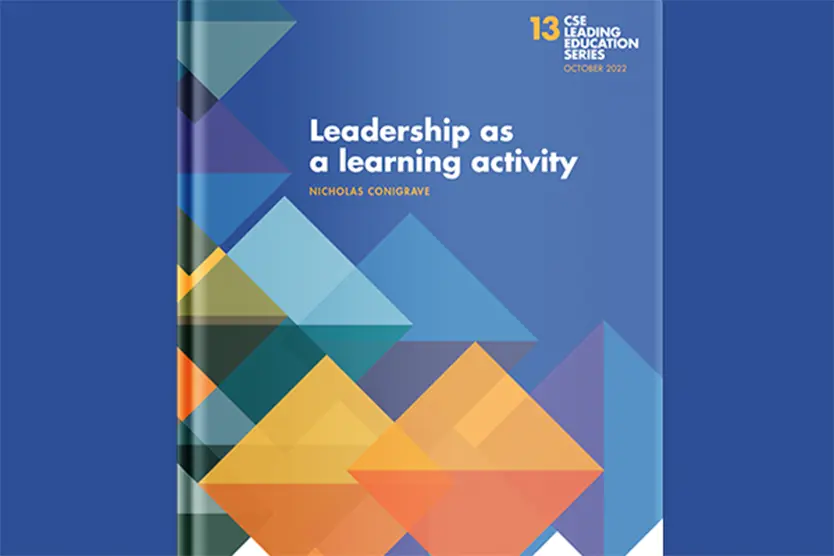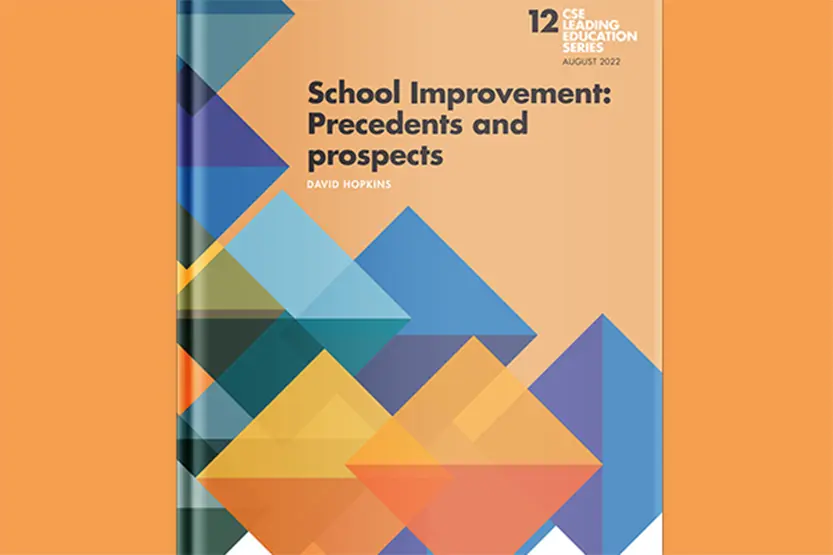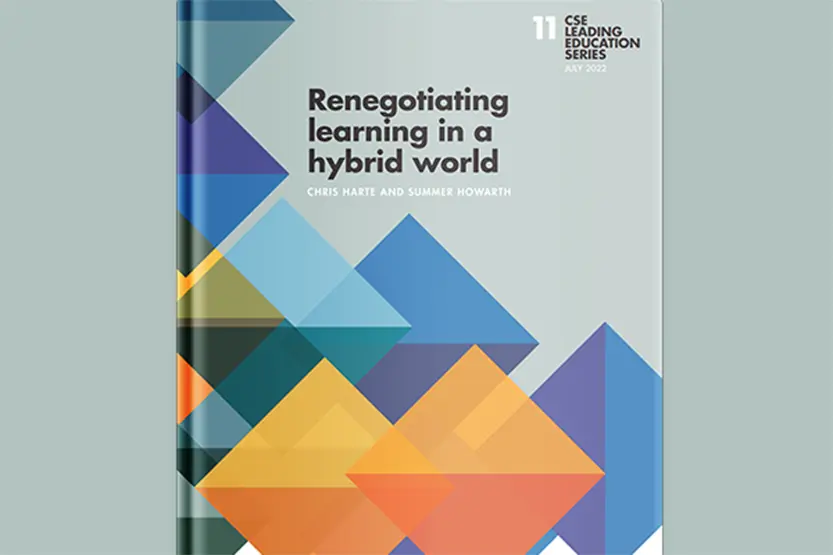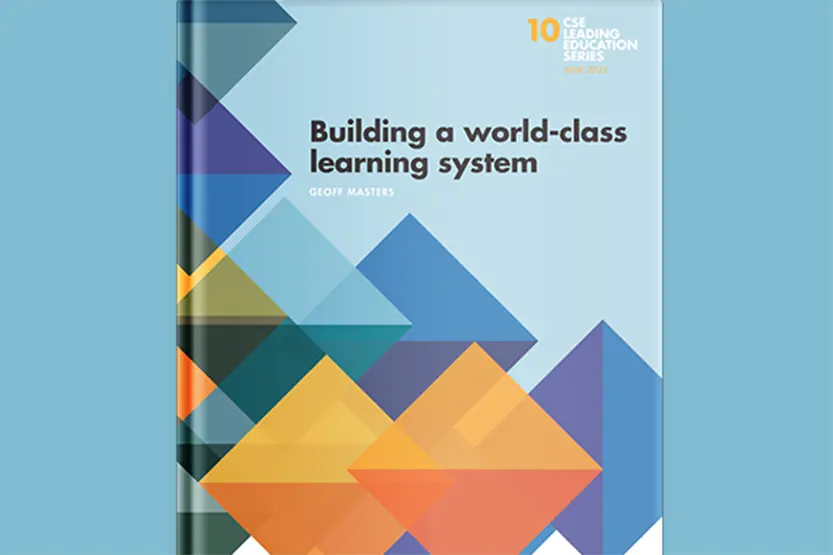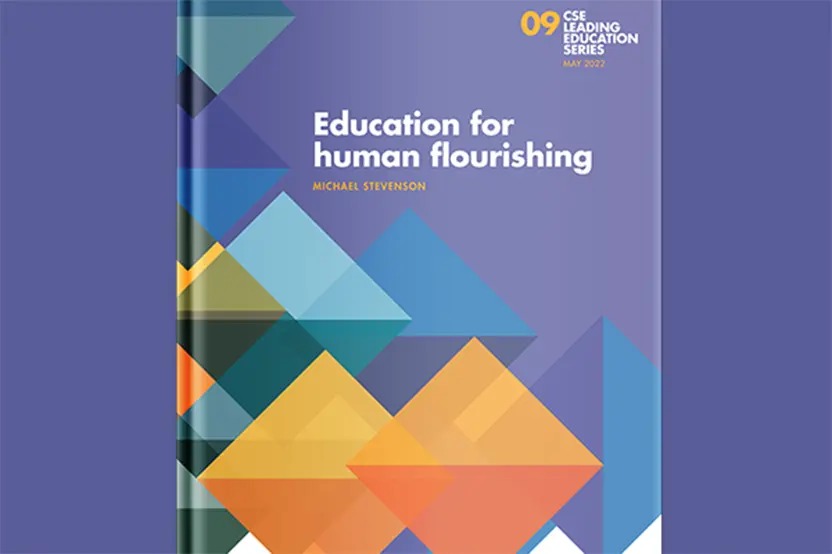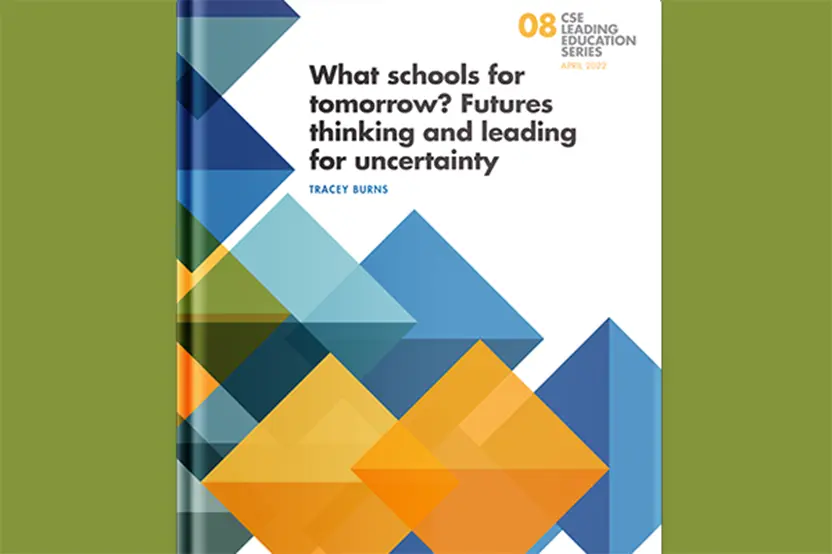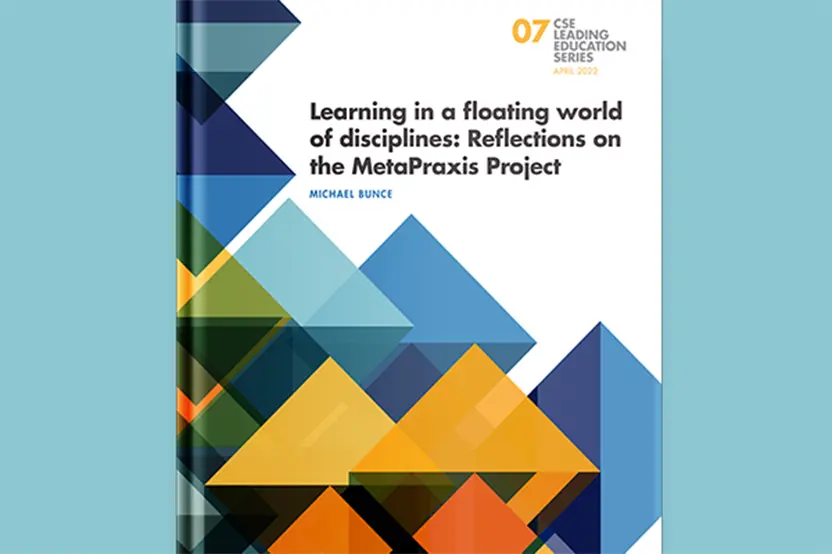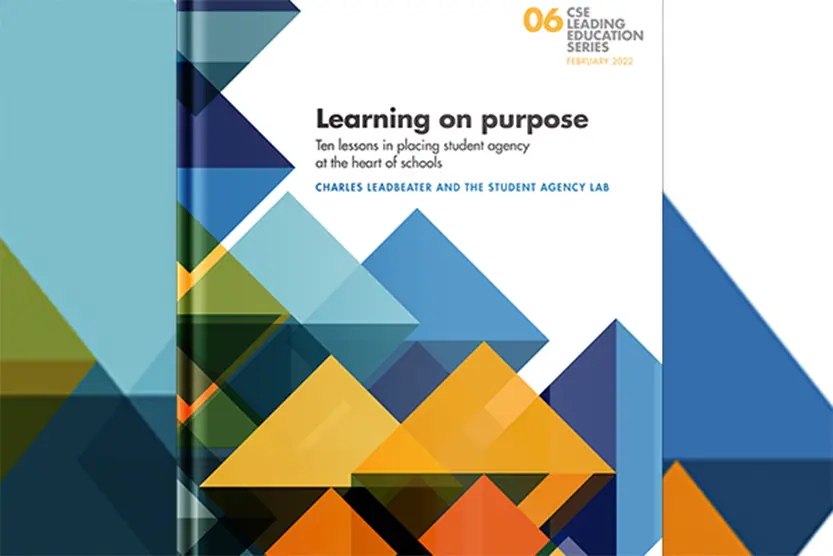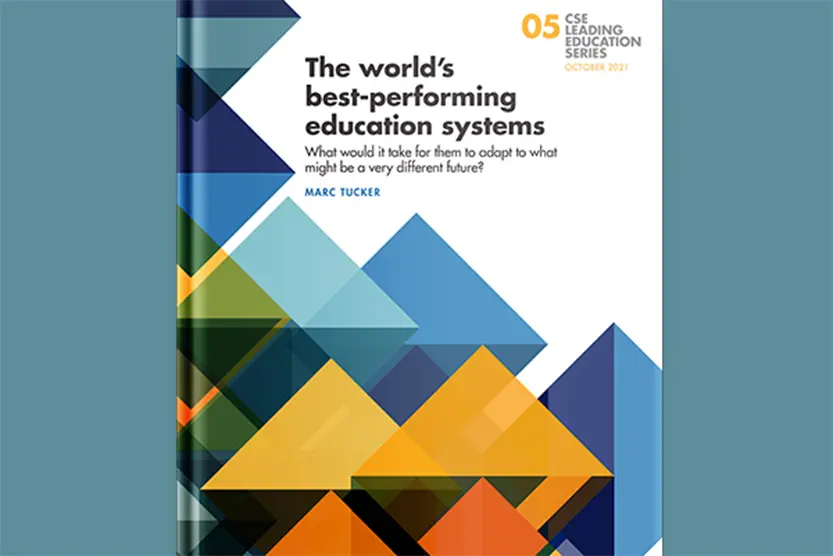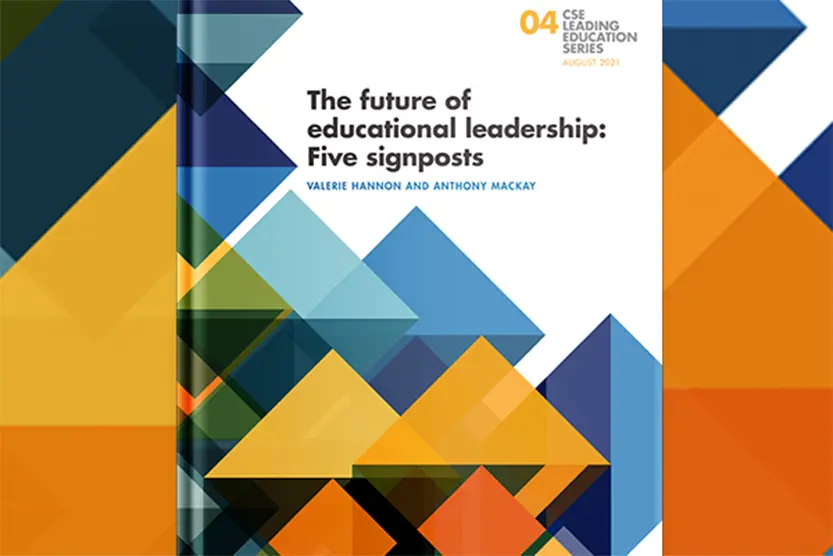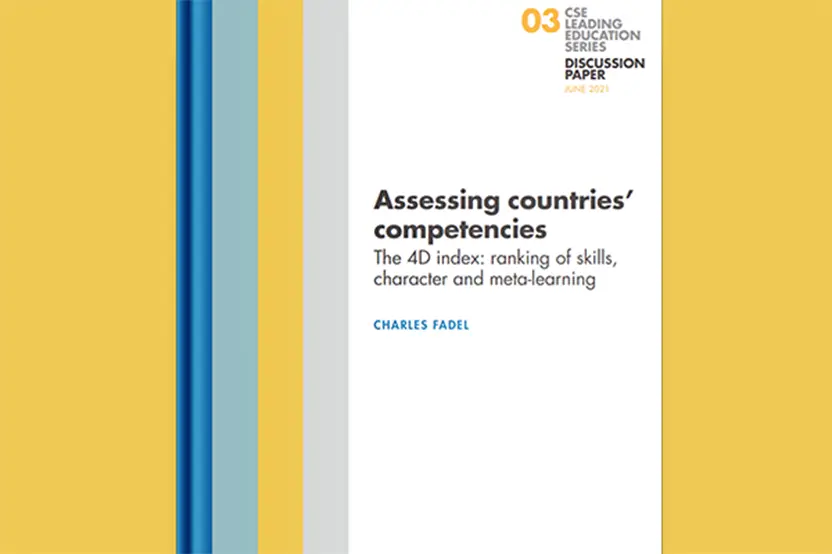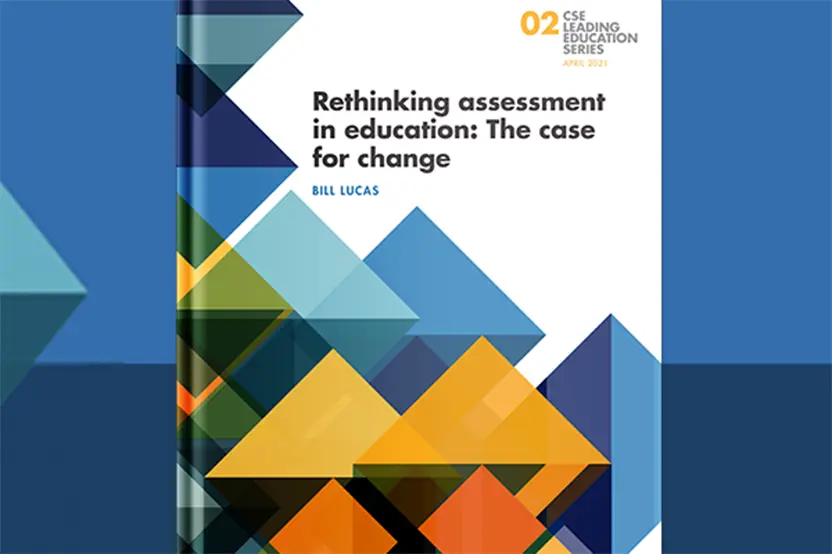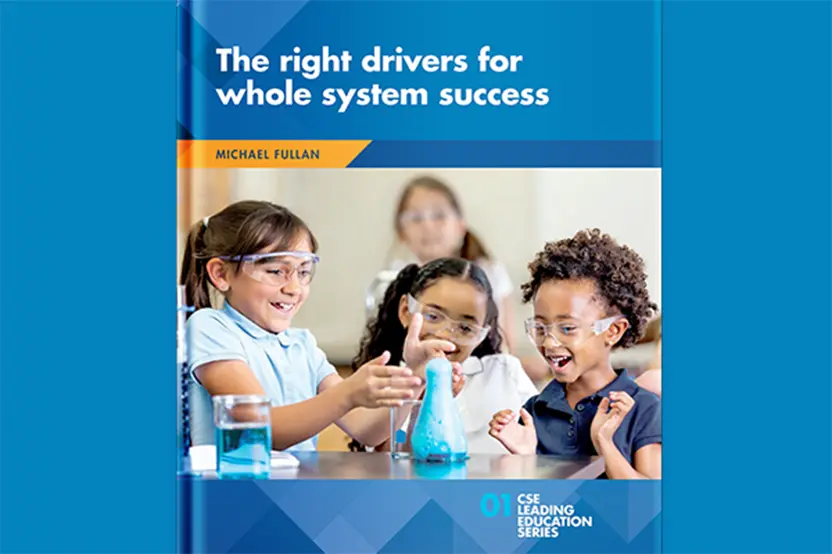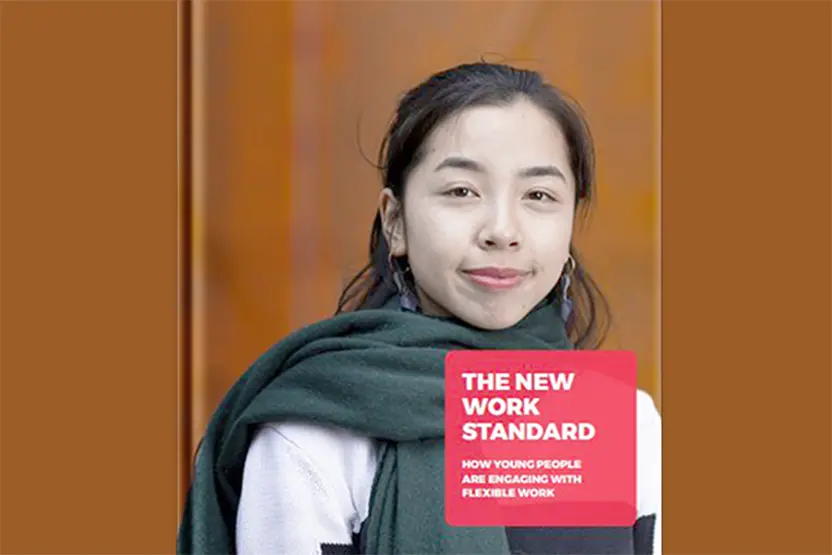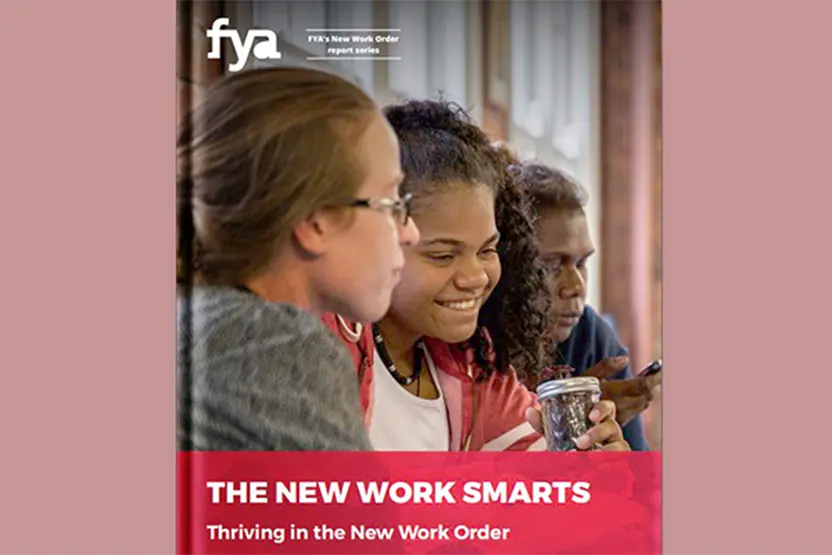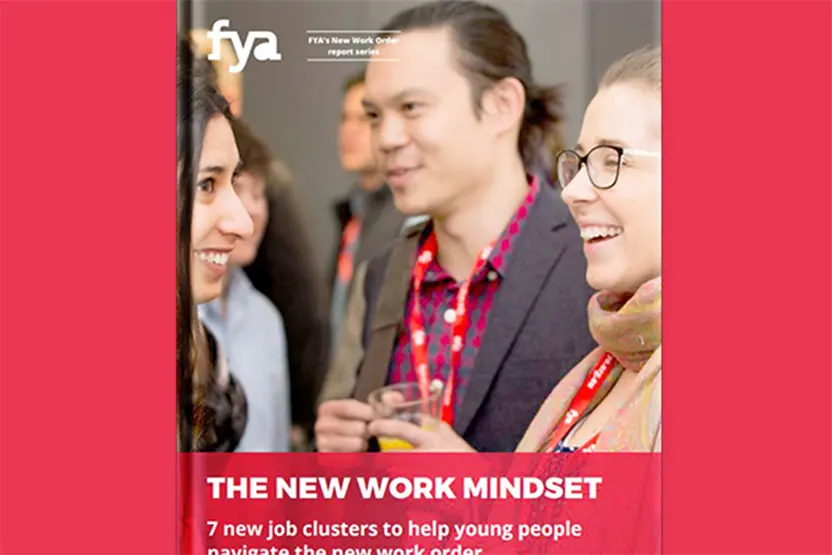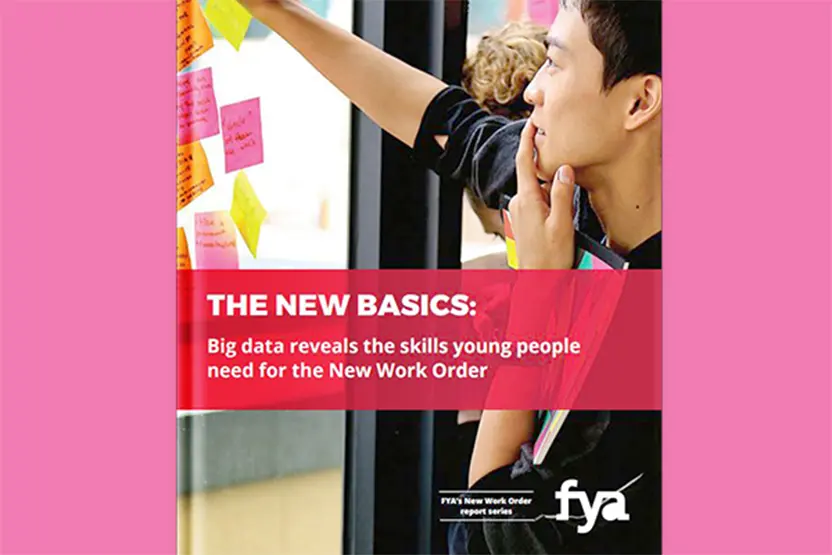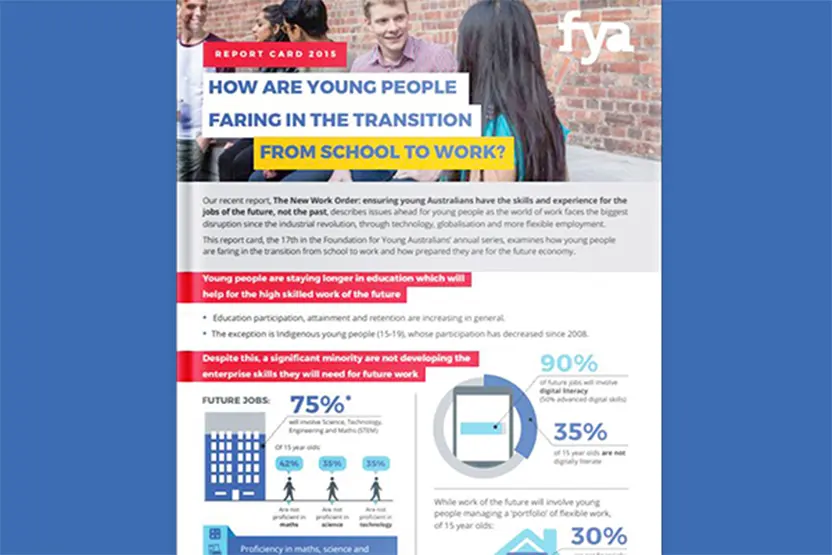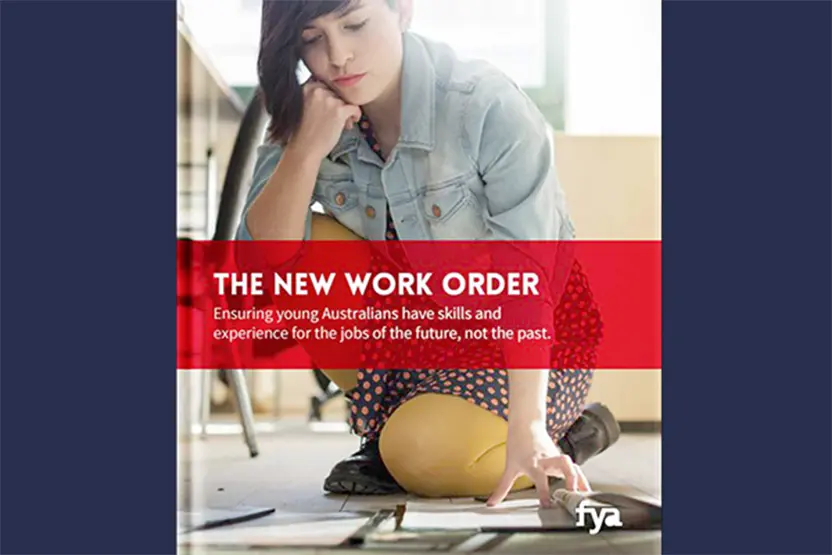The Power of Recognising More – Report Series
This research brings together insights and learnings from early-mover schools, academics, employers, universities, admissions centres and jurisdictions who are working to transform how we recognise learning beyond only academic measures.
DECEMBER 2024
The Whole Learner: Young people on the next chapter in learning beyond limits
Co-led by young people as both the researchers and contributors and developed in collaboration with the University of Western Sydney Young & Resilient Research Centre, the second report in this series reflects findings from workshops and interviews with young people across Australia. It shares their experiences and desires for an education system that moves beyond narrow academic results to better recognise their whole selves.
DECEMBER 2023
Learning Beyond Limits
Highlights a growing number of schools and educational institutions across Australia that are recognising a broader set of skills within young people. It articulates the burning platform for change, where and how work is already taking place and the early evidence of benefits to young people and educators.
2023
Action-Research Plan
Understand the background and rationale, method and questions for the study.
The Learner’s Journey – Technical Papers
This report series commissioned with the University of Melbourne underpins our approach to policy and practice. It ensures the work is grounded in technical rigour and builds trust and utility at both an institutional and system level.
2022
Framing success for all
Third in our commissioned series with the University of Melbourne, Framing learning success for all presents a proposal about regulatory arrangements for certification in Australian senior secondary schooling.
2023
Generating trust and utility
Second in our commissioned series with the University of Melbourne, Generating trust and utility in senior secondary qualifications presents case studies of first movers in their warranting networks.
2020
Recognition of learning success for all
First in our commissioned series with the University of Melbourne, Recognition of learning success for all presents six key components for a new approach to recognition of learning.
The Future of Education – Discussion Papers
Papers that have been commissioned by Learning Creates to unpack various policy implications and structural features of the Australian learning system and explore the future of learning in Australia.
September 2024
Reimagining the learning profession: Transforming education for the future
The discussion paper opens up the challenges facing the learning profession in Australia and globally and explores how other systems are rethinking and already reshaping what the learning profession should look like.
2021
Discussion Paper: A New Path Forward
A comparative and analytical review of twenty-two reviews, studies and reports from Australia and internationally looking at policy and practice for school to work transition exploring their insights and implications.
2019
Australian School Structural and Governance Arrangements
This paper seeks to explain and respond to the structural features of Australia’s schooling system that are adversely affecting the educational experiences and outcomes – as well as the life chances – of a significant proportion of young Australians.
Learning and Work – Papers
These papers explore the changing world of work, how we need to think about preparing young people to enter the workforce and the technology and growth industries are changing entry-level work opportunities for young people.
November 2021
Shifts and flows in learning and work
Presents insights on the changing relationship between employers and young people, through a survey and set of interviews with employers, intermediary organisations and young people.
Centre for Strategic Education – Leading Education Report Series
Commissioned by Learning Creates Australia Co-Chair Anthony Mackay AM and published by Centre for Strategic Education, The Leading Education series has enabled Learning Creates to situate our work within an international education reform agenda. The papers demonstrate international best practice and suggest methods for measuring and assessing change across learning systems.
April 2023
15. Adaptive leadership: A perspective on transforming education
Explores how an Adaptive Leadership perspective might further strengthen our understanding of the failures they identify, and elucidate options for leadership practice on this transformation agenda.
February 2023
14. A new politics for transforming education: Towards an effective way forward
The paper offers a perspective on the politics of education as we seek to move from a 20C learning system to a 21C learning system. m climate movement.
October 2022
13. Leadership as a learning activity
Written for leaders and practitioners who are facing the challenges of organisational change in uncertain times, it explores the idea that to lead this change, leaders need to put learning at the centre of their practice and make it part of their core role.
August 2022
12. School Improvement: Precedents and Prospects
Outlines the history of school improvement interventions internationally and best prospects for improvement at all levels of our learning systems.
July 2022
11. Renegotiating learning in a hybrid world
Redefines “hybrid learning” and centres learning in the context we all inhabit – a world where technology, learning settings, the time in which learning happens, the diversity of learners and power differentials must be negotiated.
June 2022
10. Building World Class Learning System
Details what these high-performing learning systems have historically put in place and how they are anticipating transformational change needed to maintain that level of achievement going forward.
April 2022
8. What schools for tomorrow? Futures thinking and leading for uncertainty
This paper argues that anticipation and preparation for the future need to be essential elements of strategic thinking in education.
April 2022
7. Learning in a floating world of disciplines: Reflections on the MetaPraxis Project
Details the agentive and collaborative learning, between MetaPraxis teams and 12 Adelaide schools to facilitate the design and leadership of interdisciplinary learning projects, focussed on the development of meta-intelligence.
February 2022
6. Learning on purpose - Ten lessons in placing student agency at the heart of schools
Lessons learned from the three-year Student Agency Lab project in South Australia. Which helped schools develop practical approaches to achieving greater student agency and explored the role of teachers and school leadership.
October 2021
5. The World’s Best Performing Education Systems: What Would It Take for Them to Adapt to What Might be a Very Different Future?
Makes the argument that education systems all over the world are out of date and unable to provide the kind of education all young people need to succeed in the global economy of tomorrow.
August 2021
4. The future of educational leadership: Five signposts
Argues that a new form of leadership is urgently needed to reshape our educational systems in a post-Covid environment and discusses five ‘signposts’ to indicate the direction that leadership should take.
June 2021
3. Assessing countries’ competencies - The 4D index: ranking of skills, character and meta-learning
Discussed the need for multidimensional assessments of countries’ competencies, recognising the methodological challenges – in conceptualisation, in data sources, in construction and in establishing validity.
April 2021
2. Rethinking Assessment in Education: The Case for Change
Revisits the purposes of assessment, explores promising practices from around the world and provides examples of both visible progress and emerging new directions in assessment.
February 2021
1. The right drivers for whole system success
Provides a comprehensive solution to what ails the current public school system and its place in societal development – a system that is failing badly in the face of ever complex fundamental challenges to our survival, let alone our thriving as a species.
Foundation for Young Australians – New Work Order Report Series
Learning Creates work has grown from our roots in the Foundation for Young Australians and the landmark New Work Order research series. With seven reports, since 2015, FYA’s New Work Order research series analysed how disruption to the world of work has significant implications for young Australians.
July 2020
The New Work Standard
In a post-covid world, we need a new standard of thinking about good work. This report identifies the trends in flexible work for young people, including a rapidly growing gig economy, and the risks and opportunities this work presents for young people and their career trajectories.
June 2018
The New Work Reality
The transition for young people between full-time education and full-time work is increasingly uncertain. The report follows the journeys of 14,000 young people over a decade and identifies the four most significant factors that can accelerate the transition from full-time education to full-time work.
July 2017
The New Work Smarts
In the future of work, what we do in every single job, in every occupation will change. Analysis of over 20 billion hours of work completed by 12 million Australian workers each year has revealed the skills that will matter most in 2030 to navigate this shift.
November 2016
The New Work Mindset
The report analysed 2.7 million job advertisements to reveal 7 new clusters of work. These clusters highlight that jobs are closely related and more portable than previously thought. Instead of thinking about a ‘dream job’ we could be preparing for a ‘dream cluster’ based on skills and interests.
April 2016
The New Basics
An analysis of 4.2 million job ads revealed that since 2012 the demand for digital skills, critical thinking, creativity and presentation skills are rising. These are the New Basics that entrants to the economy already require, that employers will pay more for and which will be essential into the future.
November 2015
How Young People Are Faring
The changing work landscape and the resulting complex career pathways present many challenges for young people. In Australia, nearly one in three young people are currently unemployed or underemployed and are finding it harder to move into full-time work, even after graduating from higher education.
August 2015
The New Work Order
Beneath the seemingly benign surface of Australia’s Labour market, there is a quiet revolution occurring in the way we work. Three global forces are rapidly changing the way we work: automation, globalisation and collaboration. Career pathways aren’t as linear as they used to be with young people expected to have 17 jobs across 5 careers in their lifetime – so how can we better prepare young people to navigate a portfolio of work?
